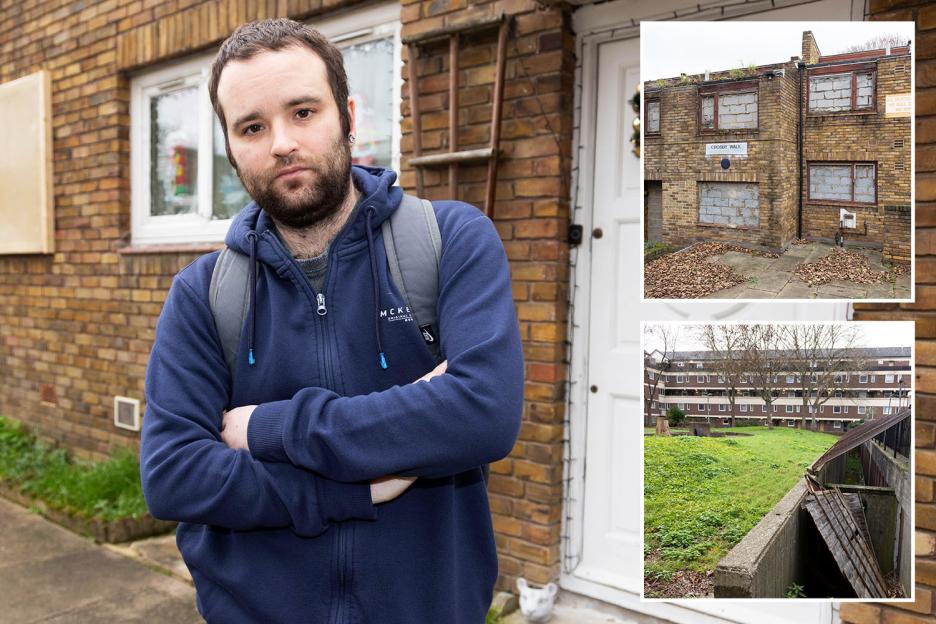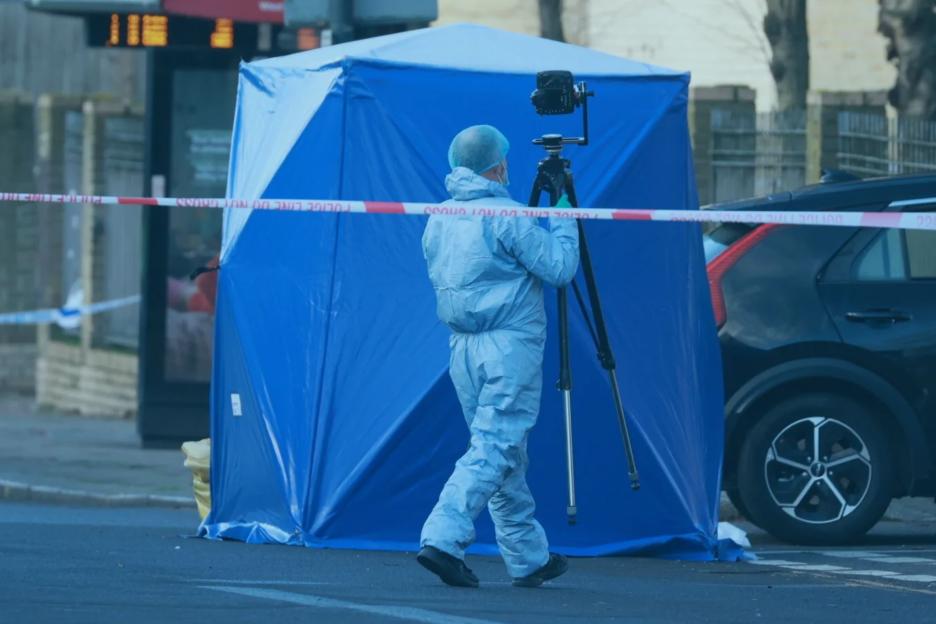BC Liberals Interim Leader Shirley Bond says travelers across the B.C.-Alberta border should be stopped and asked whether they are travelling for non-essential reasons as the COVID-19 pandemic continues.
There is currently a ban for non-essential travel across large health regions in British Columbia, but no formal ban for non-essential travel across the provincial border.
“I don't think it's unreasonable â and people have been raising this with us â that if you are travelling from Alberta, that questions are asked,” Bond said.
“Perhaps that is a place where we should be asking if people are travelling for essential reasons. If you are going to have checkpoints in other areas of B.C., one would assume there would be an opportunity to ask questions at the B.C.-Alberta border as well.”
The B.C. government has set up signs along the border asking Alberta drivers to turn back if their travel is for non-essential reasons.
Public Safety Minister Mike Farnworth says provincial health officer Dr. Bonnie Henry has not suggested that banning Albertans from coming to B.C. is necessary.
The province has been advised that legally restricting travel from province to province would be close to impossible.
“There are a lot of issues at play, it's complex, some of them are constitutional,” Farnworth said.
“But more importantly if you have someone asking questions at the border, it really needs to be people with authority, i.e. police. People respect the police, they know the police and they know they have the legal authority.”
Mayors in communities near the Alberta-B.C. border have expressed concern that additional checks on the borders would be labour intensive and slow down the essential travel taking place.
Valemount Mayor Owen Torgerson says recreational travel has dropped substantially in his community over the past few weeks, and “99.9 per cent” of Albertans in Valemount are there for work and other essential reasons.
Torgerson says he understands people are frustrated when they see what looks like recreational travel but it doesn't tell the entire story.
“If you are pulling a motor home you may be a worker relocating,” Torgerson said.
Read more: Alberta ‘respects' B.C.'s decision to restrict travel as legalities of measure questioned
According to the province, inter-provincial travel contributes to only one per cent of COVID-19 cases.
Communities like Sparwood count on Albertans coming to work, especially at Teck Resources. But the guidance from Mayor David Wilks is similar to the other mayors: if it's not essential, don't travel.
“Certainly from the position of non-essential travel it's concerning. With the May long weekend, for those coming for recreation, we would ask you to reconsider,” Wilks said.
The BC Liberals have been pushing the province to provide more support for closed businesses. Bond says she understands why in some of these communities it would be hard to turn Albertans away.
“It is a very difficult circumstance they are in. Many of them rely on visitors from Alberta to survive. When you have an inability to get the kind of support you need to keep your business running it is a very difficult dilemma,” Bond said.




